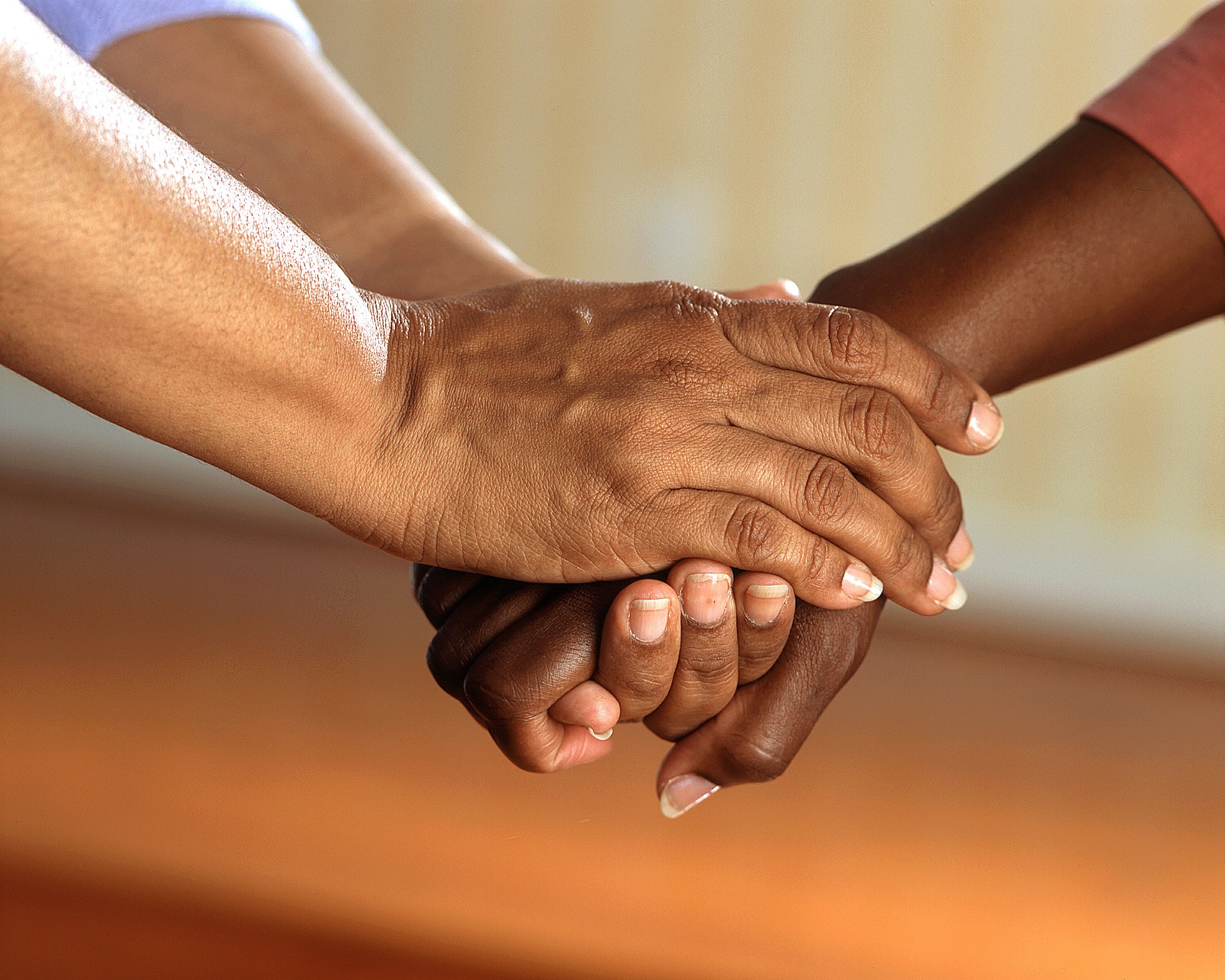Are you concerned that someone you care about is experiencing abuse? The first step is to know the warning signs, which can include:
- Their partner puts them down in front of other people
- They are constantly worried about making their partner angry
- They make excuses for their partner’s behavior
- Their partner is extremely jealous or possessive
- They have unexplained marks or injuries
- They’ve stopped spending time with friends and family
- They are depressed or anxious, or you notice changes in their personality
If someone you love is being abused, it can be so difficult to know what to do. Your instinct may be to “save” them from the relationship, but unfortunately, it’s not that easy. After all, there are many reasons why people stay in abusive relationships, and leaving can be a very dangerous.
Abuse is about power and control, so one of the most important ways you can help a person in an abusive relationship is to consider how you might empower them to make their own decisions. Additionally, you can offer support in various ways:
Acknowledge that they are in a very difficult and scary situation, be supportive and listen.
Let them know that the abuse is not their fault. Reassure them that they are not alone and that there is help and support out there. It may be difficult for them to talk about the abuse. Let them know that you are available to help whenever they may need it. What they need most is someone who will believe and listen.
Be non-judgmental.
Respect your friend or family member’s decisions. There are many reasons why victims stay in abusive relationships. They may leave and return to the relationship many times—it takes someone on average 7 times to finally leave. Do not criticize their decisions or try to guilt them. They will need your support even more during those times.
If they end the relationship, continue to be supportive of them.
Even though the relationship was abusive, your friend or family member may still feel sad and lonely once it is over. They will need time to mourn the loss of the relationship and will especially need your support at that time.
Encourage them to participate in activities outside of the relationship with friends and family.
Support is critical and the more they feel supported by people who care for them, the easier it will be for them to take the steps necessary to get and stay safe away from their abusive partner. If you or someone you love needs to talk or be connected to resources, please call the Richmond Regional Hotline at (804) 612-6126.
Information Provided By: National Domestic Violence Hotline

